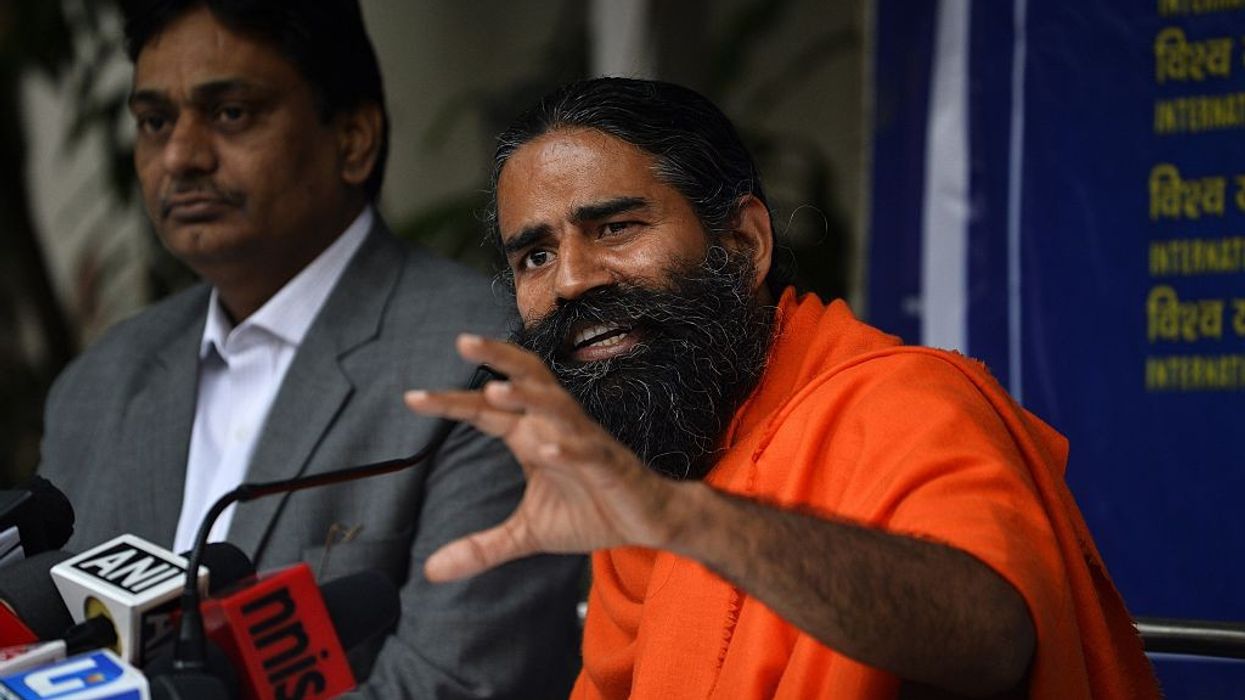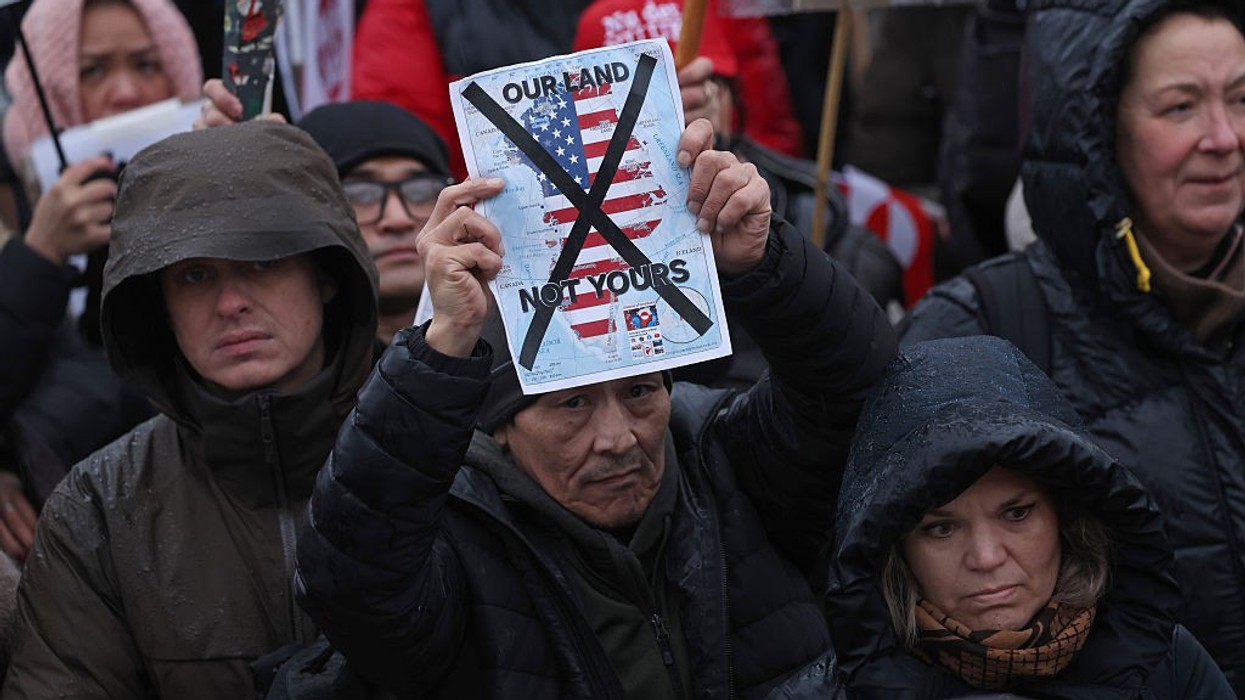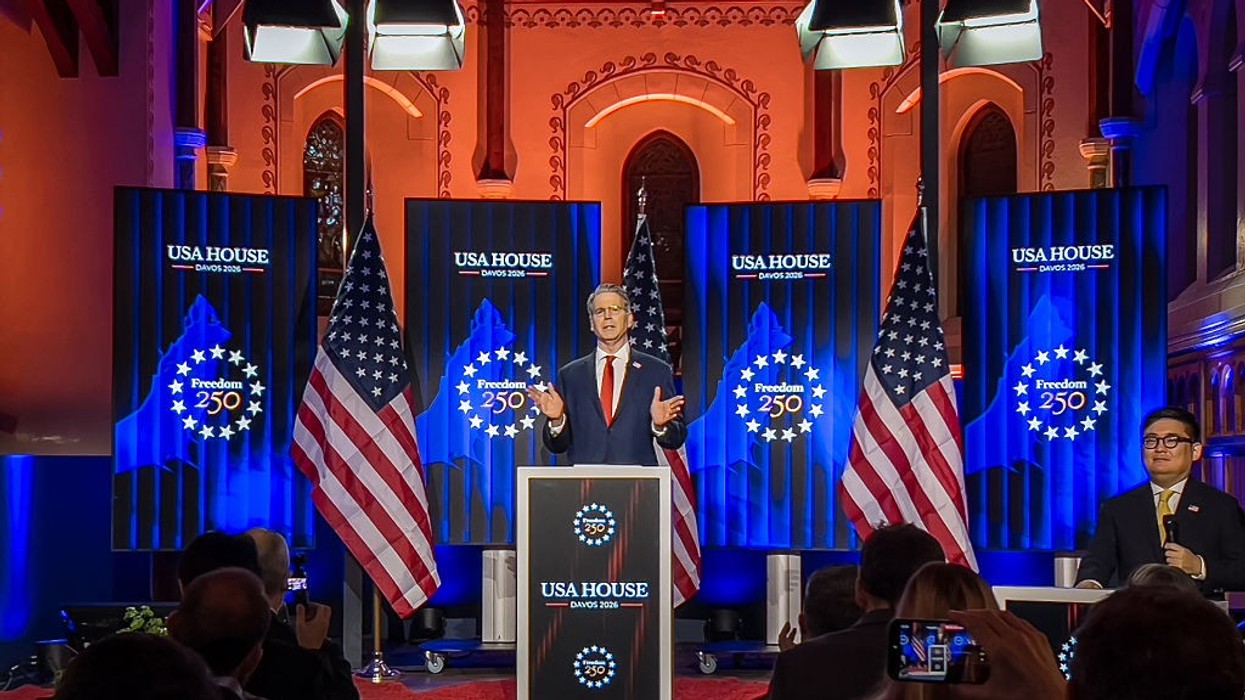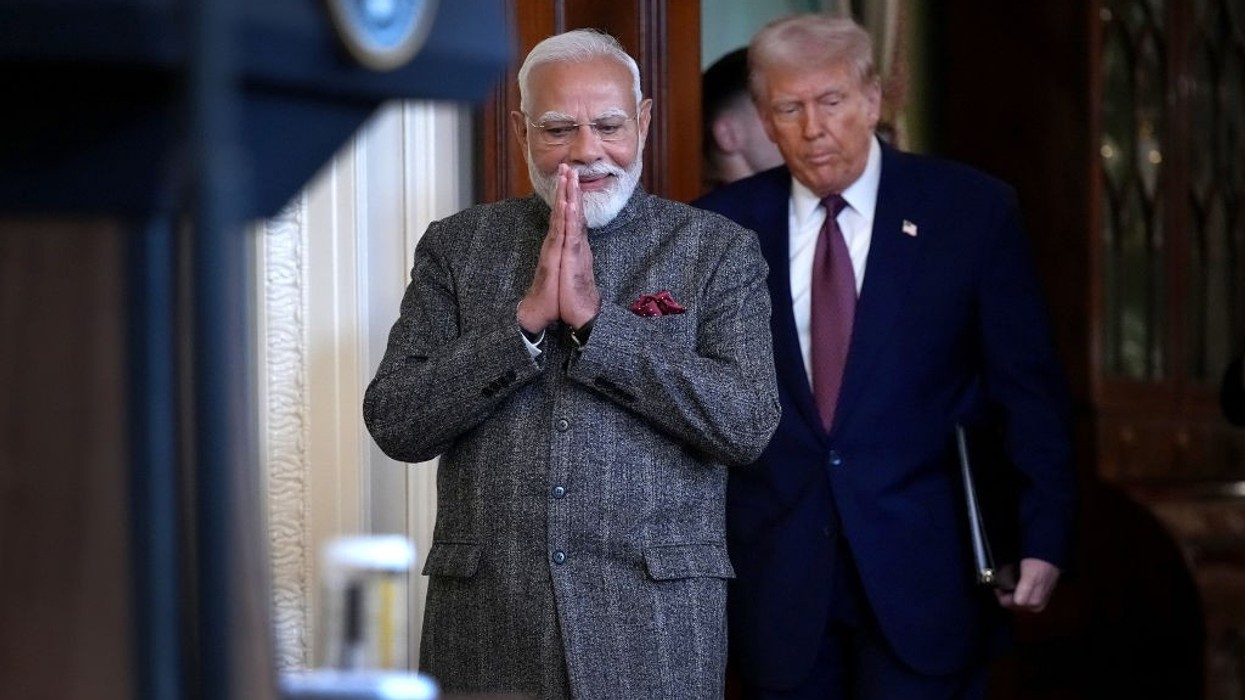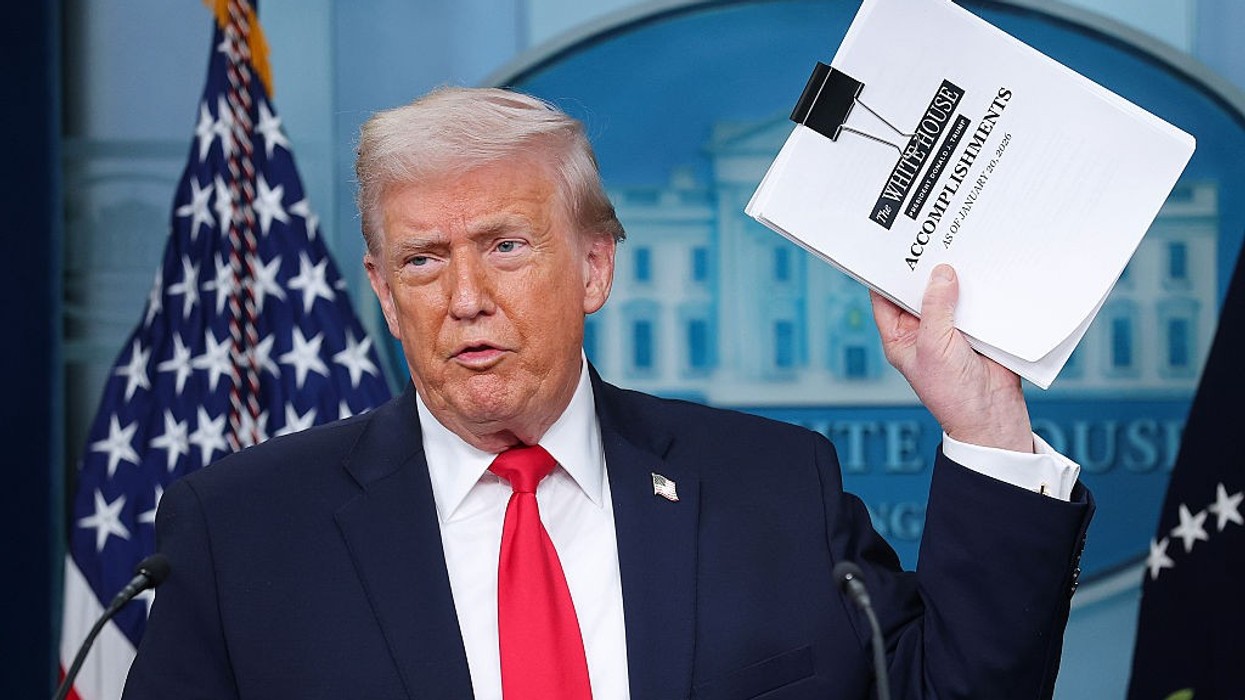Highlights:
- Ramdev labels US tariffs on India as “bullying, hooliganism, and dictatorship” and urges citizens to retaliate.
- He calls for Indians to avoid all American brands including Pepsi, McDonald’s, KFC, Coca-Cola, and Subway.
- Claims a massive boycott could trigger economic chaos and inflation in the United States.
- Criticizes Trump’s decision to target India over purchases of Russian oil, sparing China.
- House Foreign Affairs Committee Democrats call US policy “confusing,” warning it harms Americans and the US-India relationship.
Yoga guru Baba Ramdev has called for a complete boycott of American products and brands in response to the United States imposing 50 percent tariffs on Indian goods. The tariffs came into effect on August 27, 2025, doubling previous duties over India’s continued purchase of Russian oil, which the US administration described as undermining sanctions on Moscow.
Speaking to ANI, Ramdev described the US tariffs as “political bullying, hooliganism, and dictatorship.” He urged Indian citizens to oppose these tariffs strongly by shunning American companies operating in India. Ramdev named popular brands such as Pepsi, Coca-Cola, KFC, McDonald’s, Subway, and Apple as targets for a nationwide boycott.
Economic Retaliation With a Patriotic Message
Ramdev asserted that Indians should not be seen patronizing the outlets of these American companies, emphasizing a massive consumer boycott as a form of economic resistance. He warned that such a movement would cause chaos in the US economy, leading to inflation spikes and forcing the Trump administration to retract the tariffs.
“This boycott is not just a protest but a patriotic duty,” Ramdev said. “If Indians stop buying American products, it will impact the US severely and compel them to reconsider their actions.”
He branded US President Donald Trump’s tariff decision a mistake, accusing him of turning against India and damaging decades of friendly ties between the two democratic nations.
Background of the Tariffs and Political Fallout
The US first imposed 25 percent tariffs on many Indian goods earlier in August 2025, alleging India’s trade with Russia conflicted with US foreign policy concerning the Ukraine conflict. The additional 25 percent tariffs applied from August 27 targeted sectors including textiles, gems, jewellery, and auto components that generate significant export revenues.
Members of the US House Foreign Affairs Committee have criticized the targeted tariffs on India, noting that China and other major Russian oil importers were not similarly sanctioned. The Committee described the selective focus on India as “confusing” and warned it “hurts Americans & sabotages the US-India relationship.” They suggested the tariffs may not solely be about Ukraine but reflect inconsistent policy.
Calls for ‘Atmanirbhar Bharat’ and Self-Reliance
Ramdev’s boycott call aligns with India’s ongoing push for “Atmanirbhar Bharat” or self-reliant India, encouraging citizens to prioritize Indian-made goods over imports. He urged the government to provide incentives for Indian industries and ease domestic taxation to boost competitiveness.
He also advocated upgrading India’s education and medical infrastructure to attract global talents and promote economic independence. Ramdev highlighted the potential for India, China, Russia, and other countries to reshape the global economic order, challenging the dominance of the US dollar and western economic systems.
Mixed Reactions and Economic Implications
While Ramdev’s boycott call taps into strong nationalist sentiment, industry experts warn of the potential impact on Indian exporters and consumers who rely on global trade networks. The tariffs have already led to uncertainty in markets and concerns over job losses in export-driven sectors.
The effectiveness and scale of a nationwide boycott remain to be seen, but the growing friction between India and the US reflects how international geopolitical tensions can quickly affect daily economic interactions and consumer choices.
Ramdev’s statement underscores heightened India-US trade tensions and calls for economic resistance at a grassroots level, framing trade policy disputes as matters of national pride and sovereignty.
